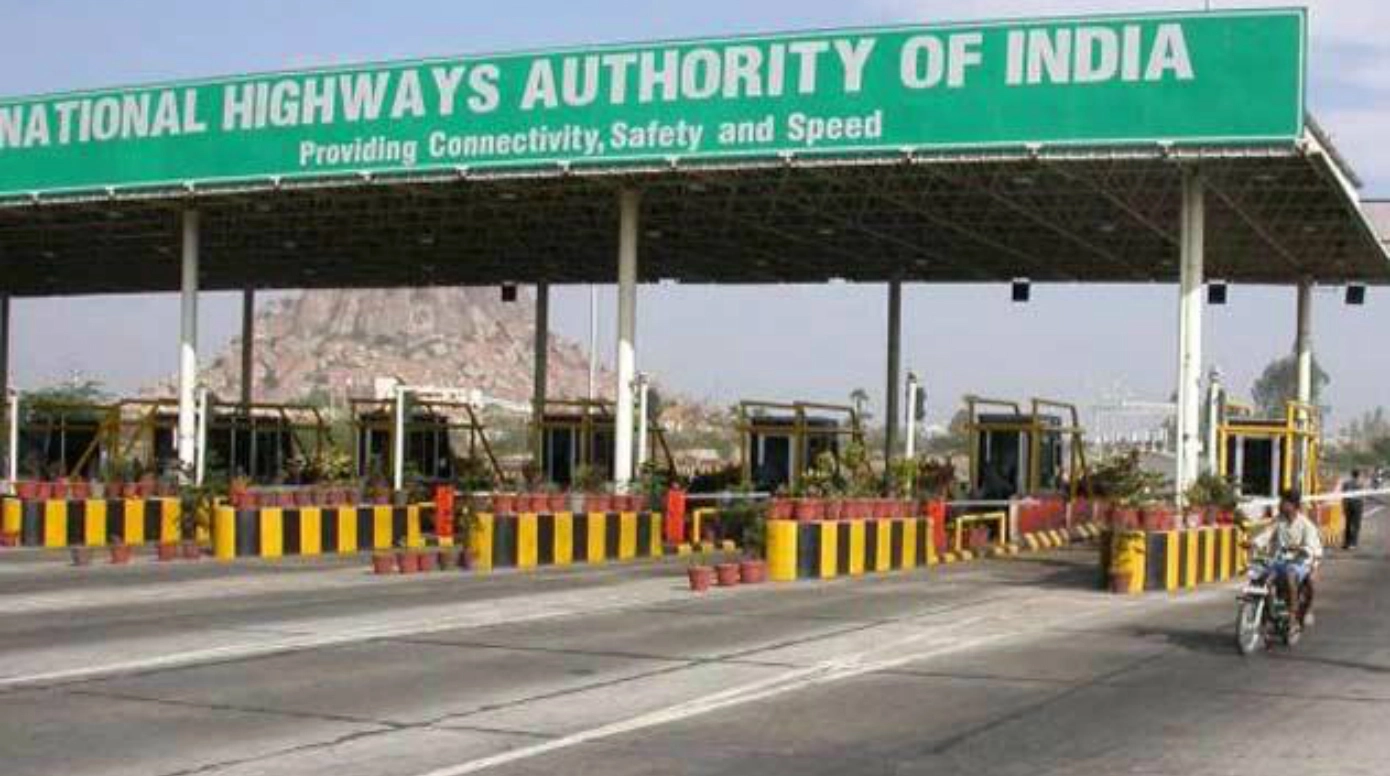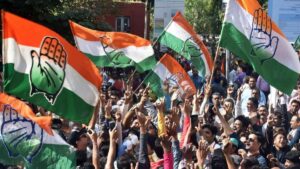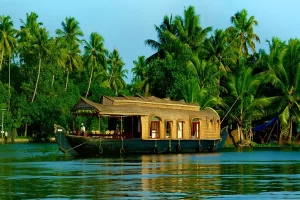NHAI IS THE BEST JUDGE TO DECIDE LAND ACQUISITION FOR NH CONSTRUCTION: SC
“It is for the technical experts to determine alignment of a road. Courts are not equipped to instruct the authorities how to go about laying of roads or national highways; or which lands should be acquired and which should not be acquired for such purpose”,” No interference is called for in exercise of powers under Article 136 of the Constitution of India”.

New Delhi (The Quiver)”The National Highways authority of India can be said to be the best judge to decide which land to be acquired and which not to be acquired for the purpose of construction of the Highways”, stated Supreme Court after carefully observing the case.
The bench of Supreme court Justices M. R. Shah and Aniruddha Bose was hearing the Special Leave Petitions against the April, 2022 decision of Telangana High Court . The Telangana High Court had given the judgment against the 2018 judgment of single Bench by disposing of the writ petition that opposed the action of the NHAI in acquiring the entire lands of the writ petitioners for the purpose of four laning of NH 161, allegedly without acquiring other lands as per the plan allegedly accepted by the competent authority for widening the road.
What was the Basic objection of the writ petitioners?
In the impugned judgment of April 22, 2022, the High Court Division Bench noted that the basic objection of the writ petitioners was to the acquisition of their land under the National Highways Act, 1956; that according to the petitioners, their land was not required to be acquired and other land should have been acquired in equal proportion from both sides; and that there was deviation from the original plan i.e. the sketch relied upon.
What is mentioned in the Judgement of Telangana High Court ?
The High Court Division Bench had observed, “The National Highways Act, 1956 lays down the procedure for acquisition of land for laying of national highways including award of compensation. Writ petitioners have their remedy thereunder…Since acquisition of land is for the purpose of four laning of national highway, which is of public interest, interference by the High Court under Article 226 of the Constitution of India would not be justified.”
The Division Bench had also said that no materials were placed on record by the writ petitioners to prove that execution of the four laning of NH 161 project was actuated by mala fides to oust the writ petitioners from their land.
It had added, “It is for the technical experts to determine alignment of a road. Courts are not equipped to instruct the authorities how to go about laying of roads or national highways; or which lands should be acquired and which should not be acquired for such purpose. In case of national highways , a statutory framework is in place with inbuilt remedial provisions for those affected by land acquisition for construction of such road.”
FINAL JUDGEMENT GIVEN BY THE SUPREME COURT
The bench of Justices Shah and Bose noted, “Having heard learned counsel for the respective parties and having gone through the impugned order passed by the High Court, we are of the opinion that the High Court is absolutely justified in passing the impugned order.” The Bench declared ,”It cannot be disputed that the public interest is the paramount consideration and the National Highway Authority can be said to be best judge to decide which land to be acquired and which not to be acquired for the purpose of construction of the Highways.”
The Supreme Court observed that no interference is called for in exercise of powers under Article 136 of the Constitution of India and dismissed the Special Leave Petitions.








